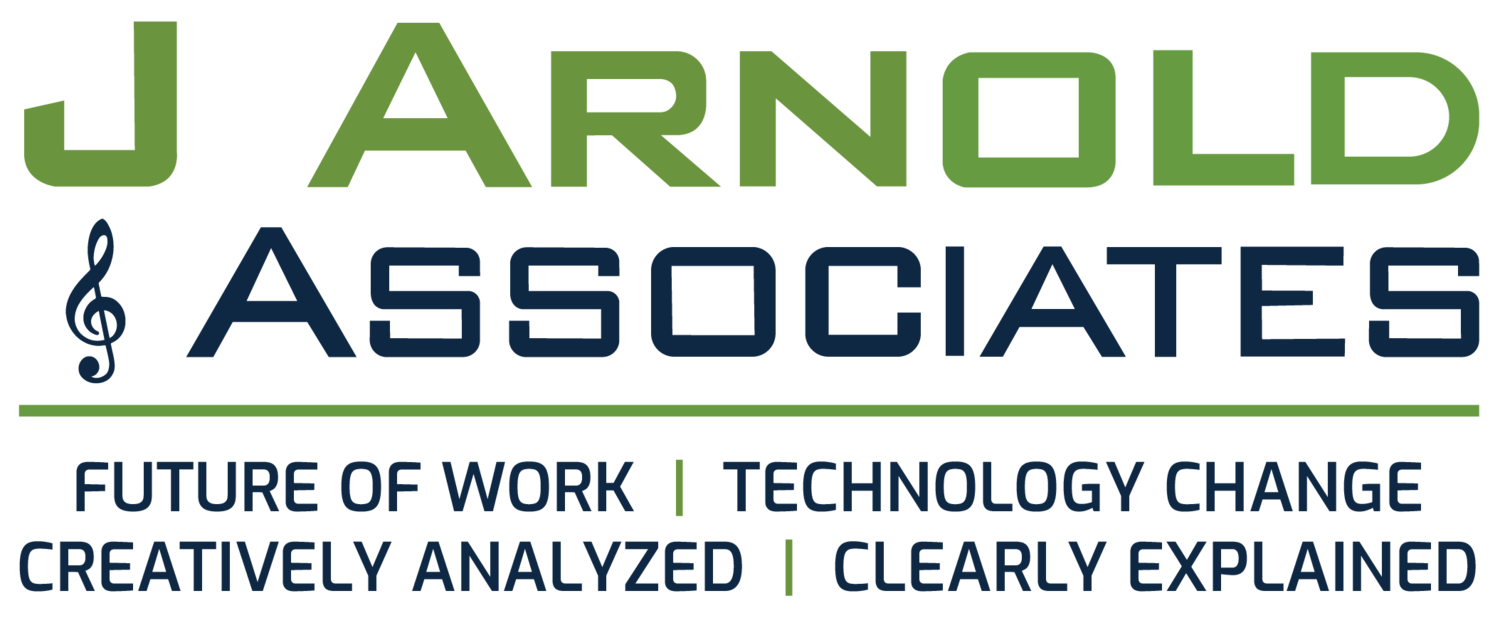This morning I attended an event put on by
Ogilvy Renault and
Deloitte, whose TMT practice
I follow pretty regularly. The
MaRS facility has become a good home for their events, and that's a topic unto itself. MaRS is a unique concept for an innovation center/business incubator, and there are all too few of these to support Canadian startups. Their focus is mostly life sciences, but they have a handful of tech clients, and as my ties develop there, you can expect to hear more about MaRS in future posts.
Today's breakfast session was about the future of the car, which is a hot topic for just about everyone these days. The focus was mainly around cleantech and energy, so I didn't go there expecting to hear about what's cool in GPS, wireless broadband, smartcar technologies, etc. That would have been nice, but the energy angle was still interesting. The panel had a mix of academics and real businesses - the latter being Magna and
Zenn Motor Company (this sounds pretty neat actually - a Canadian public company making an electric car - but within Canada, it's only available in Quebec - huh?).
Anyhow, there was a lot of talk about the challenges for using hydrogen and fuel cells to power electric cars, and
I couldn't help but notice the strong parallels to telecom, and what IP has done to displace/disrupt the PSTN. Just substitute carbon/oil for PSTN, and hydrogen/fuel cells for IP, and the conversation unfolds pretty much the same. Very interesting - I love being an outsider at these things - I don't think anyone else attending was really thinking along these lines.
As with IP, most of us can see that hydrogen holds great potential and in time should supplant carbon-based fuel to power our cars. Being early stage technology (well, sort of - they've been working on this for a very long time), adoption has been held back by the usual suspects - high unit costs, unreliable fuel cell technology, limited distribution/infrastructure, and worst of all, a lack of political will/vision to bring the electric car into the mainstream. It's really scary when you think about how U.S. and Canadian governments have devoted so little attention to broadband policy/regulation, and how far we're falling behind the rest of the industrialized world. Same story here.
I couldn't help but also notice how much of a silo mentality there is in only talking about cleantech - as if that's the magic bullet that will save the auto industry. Aside from the banks, can you think of an industry that's in more trouble than this? If you think telecom is struggling to transition from 1.0 to 2.0, this sector really has a big hill to climb.
Not that I was expecting a broader agenda today, but there wasn't ever a mention about the bigger picture issues around what kind of cars we need today, how the industry is evolving, where the auto fits relative to other modes of transportation - especially in big cities, etc. There was, thankfully, one good question from the audience, asking about the impact of using lighter materials to build cars. No doubt, the technology is there to develop lighter, stronger materials, and of course that would be a huge step forward in making cars more practical.
One panelist did concede that when the Chinese start bringing $5,000 electric cars to North America, we won't be able to compete. Ugh. I don't think we're too far away from that scenario, and what is GM going to do then?
I could certainly go on about the parallels to telecom, but I think you can see where I'm coming from on that front. Give me a ring if you want to take that thought further, but right now
I'm working up to my big finish. My reference to GM just now wasn't an accident.
Today's session painfully reminded me of a must-see CBC documentary on the fate of the electric car. Titled
"Who Killed The Electric Car?", if this doesn't lay bare the 1.0 thinking that has effectively destroyed GM, I don't know what will. In short, it tells the ill-fated story about the EV-1, perhaps the greatest flash of innovation from GM in a generation. It was a first generation electric car, launched as a trial in the 1990's in California in response to the growing need for greener, zero emission cars in that state.
As the film shows, the vehicle was a hit with the lucky few hundred who got to drive one. Then the dark side emerges, and we learn about the ugly forces that caused the EV-1 to be taken off the market, and then destroyed with barely a trace. If you thought Stalin's historical revisionism was evil, you'll love this documentary, and I'm so glad Michael Moore didn't get his hands on it first (mind you, Roger and Me is pretty good too!). For Canadians, of course,
this just screams Avro Arrow, and you just have to wonder where the auto sector would be today if GM hadn't been so frickin' shortsighted. I better stop now if I know what's good for me. Anyhow,
you can check out this doc online here, and if you get CBC TV, you're in luck, as it's being re-broadcast this weekend. If you care about the auto market, you don't want to miss it.
















